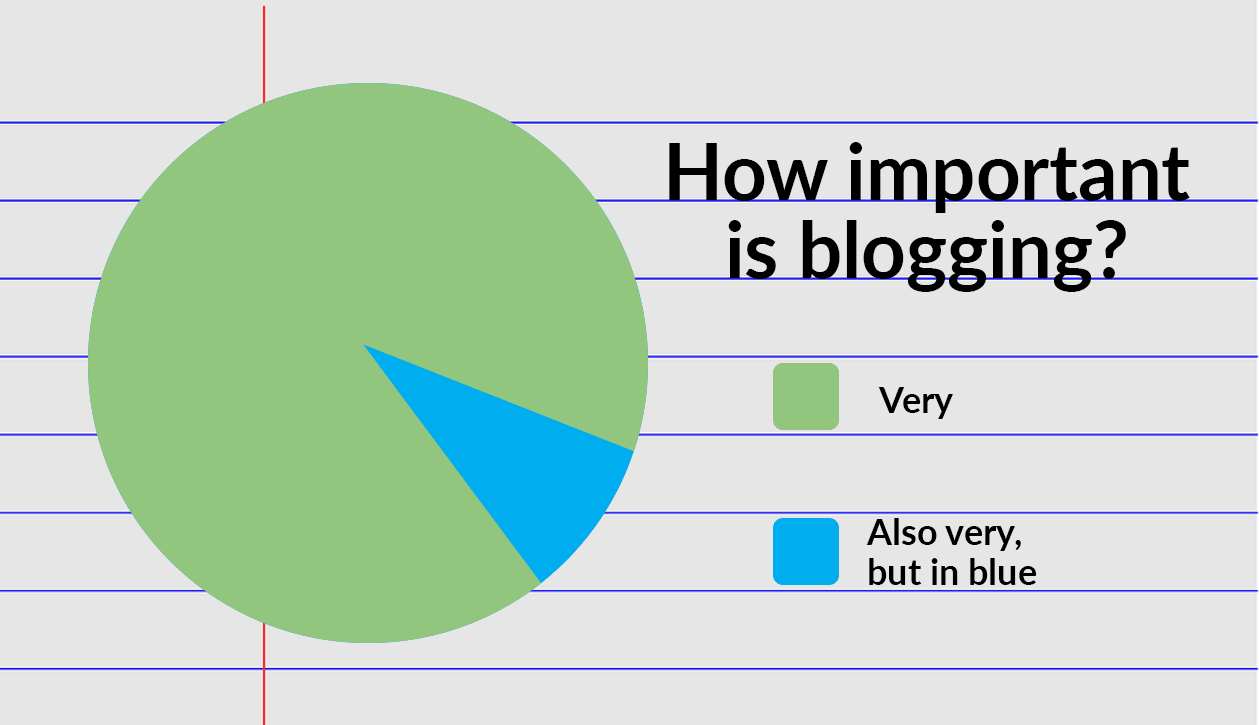Is having a blog on an e-commerce store really that important?
Short answer? Very.
Long answer? Very. Blogging is an extremely cost-effective way to grow your online presence!
Let’s be honest, one of the most challenging aspects of running an online store is generating targeted traffic… getting your ideal customer to find you.
Yes, it’s true that the bulk (44%) of online shoppers head straight to Amazon to search for the latest deals, but it’s also true that 33% of online shoppers start their shopping experience with a simple Google search. (Source: NPR/Marist Poll)
This is where you come in. Well, actually, where your blog comes in.
Google’s primary focus is to show searchers the most relevant content related to a user’s search, and if you’re consistently uploading new, valuable and relevant information, guess who’s going to be watching your pages?
You guessed it. Google.
But (and this is a big BUT)… it’s just not enough to have a blog. It’s extremely important to have a blog that provides content that is valuable to your readers and potential customers.

How do you provide blog content that is deemed valuable?
First, research and write about topics that are connected and relevant to your business.
If you’re selling ‘hair accessories’, consider writing about “5 Hair Techniques That Actually Work For Styling Your Naturally Curly Hair”, or if you’re selling pet supplies, consider writing about “The 3 Best Pet-Friendly Hotels In (your state/country) For Travelers With Large Breed Dogs”.
Not sure how to choose a topic?
Here’s a couple of free topic generators that will help to stir up some ideas:
- HubSpot – https://www.hubspot.com/blog-topic-generator
- Portent’s Content Idea Generator: https://www.portent.com/tools/title-maker
Second, use the following tips to attract potential customers to your blog:
- Use headlines that are relatable and generate emotion.
Eg: “5 Hair Techniques That Actually Work for Styling Your Naturally Curly Hair” vs “Naturally Curly Hair Techniques” - Create URL structures that are clear and concise.
Eg: “www.examplestore.com/blog/hair/naturally-curly-hair-styling-techniques”
vs “www.examplestore.com/category=hair/id=176%” - Be sure to write a relevant ‘meta-description’.
This is important for Google searches as it lets potential visitors see if your page has the information they are looking for. A meta-description can make or break whether or not a visitor clicks through to your page. - Write page content that really engages your reader and goes far beyond self-promotion.
Make it your priority to provide unique information that is authentic and honest – and don’t forget to spell-check! - Include social sharing links on your pages for social networks.
Use Pinterest, Facebook, Twitter, Reddit, YouTube (if you’re using video) and even email/text. Google LOVES to see that others are linking to your pages. - Provide a good ‘user experience'.
Make quick loading, visually appealing pages that are mobile-friendly and easy to navigate.
Third, include a call-to-action at the end of your content that invites readers to subscribe to your blog, register for special savings, shop your store, or be directed to a related article.

Lastly, de-index pages that are irrelevant, outdated, or redundant (ie thank you page, printer-friendly versions of the page, etc). You’ll have a greater chance of Google deeming your website as valuable if you aren’t clogging up search engine results pages with unnecessary information.
What are your thoughts on blogging for your e-commerce store? Have you had success? Comment below, we’d love your input!



